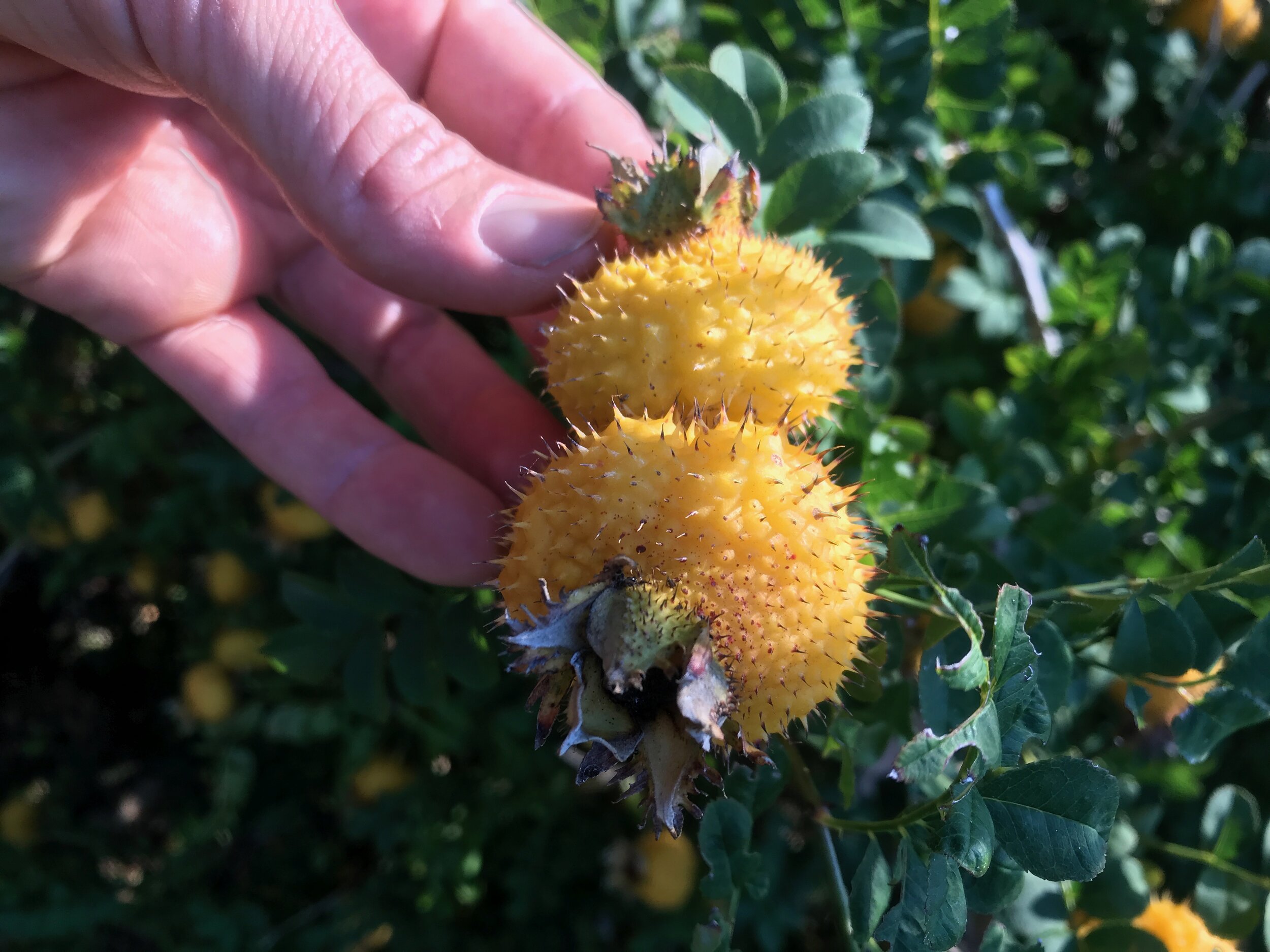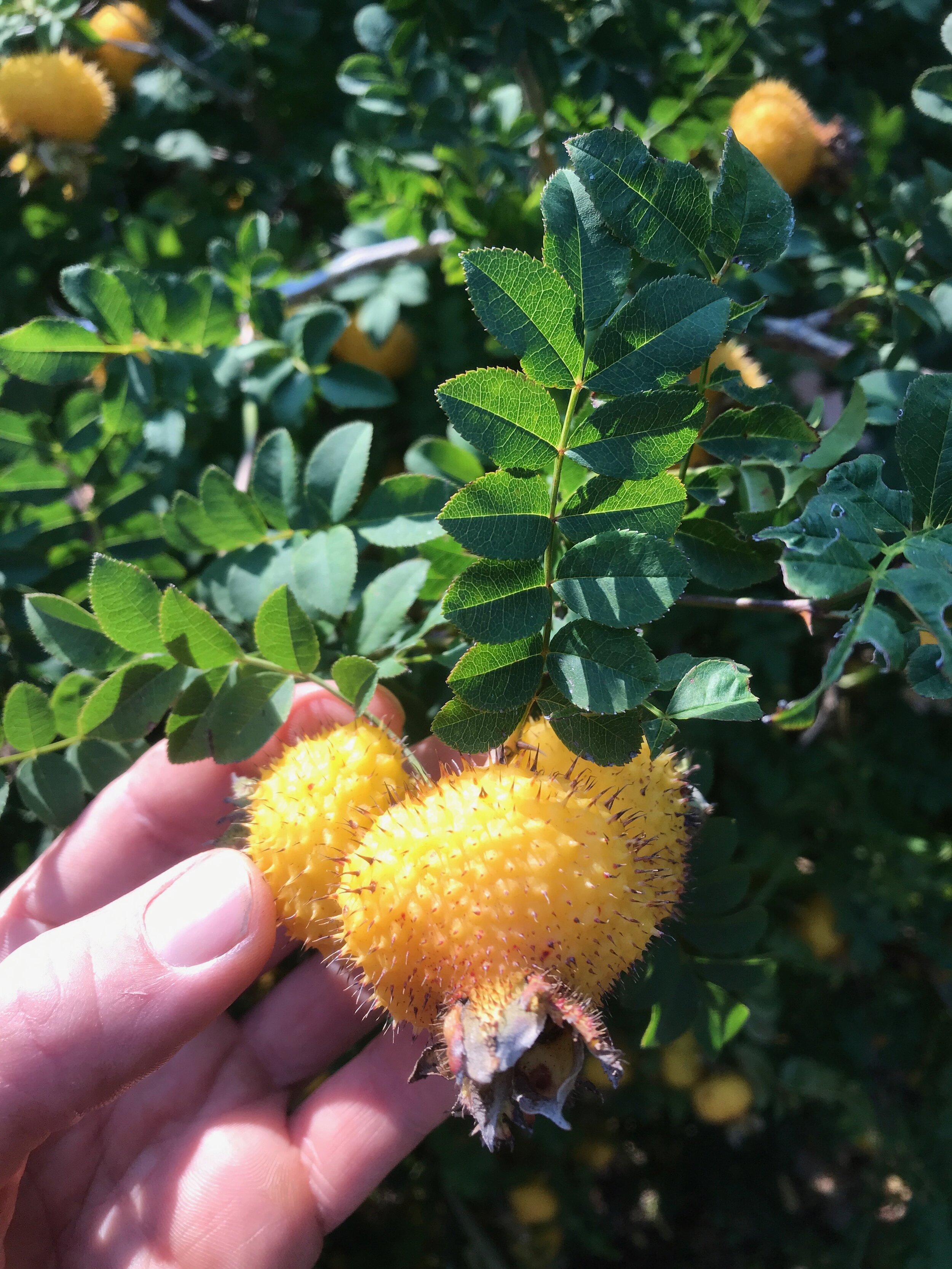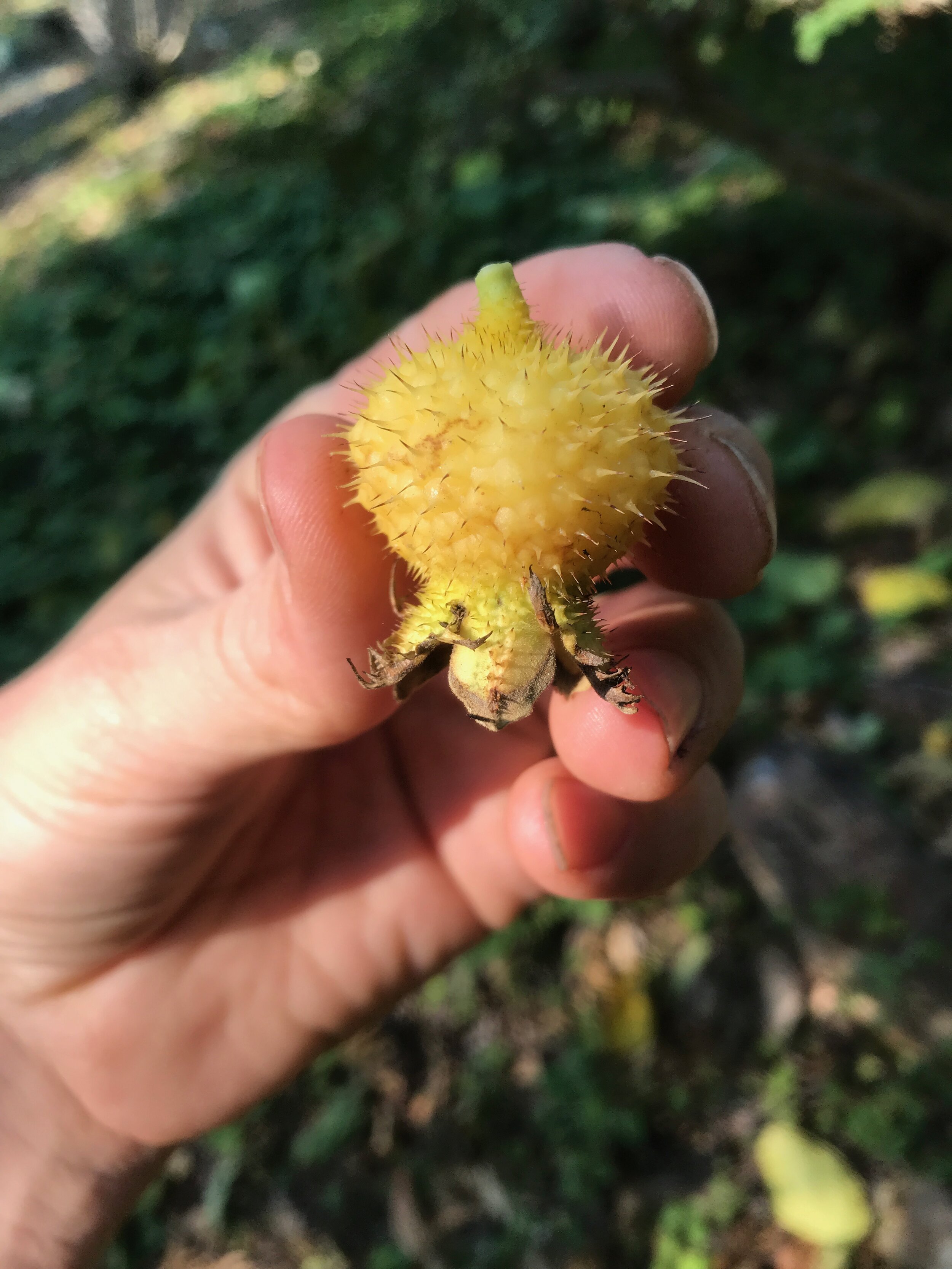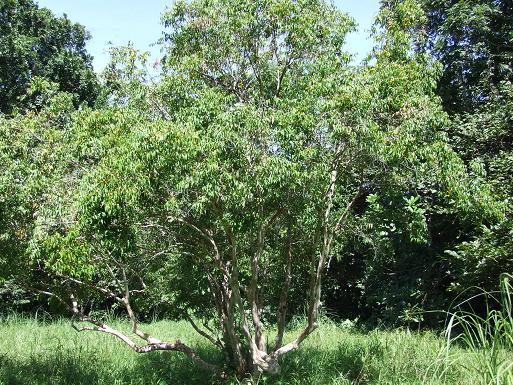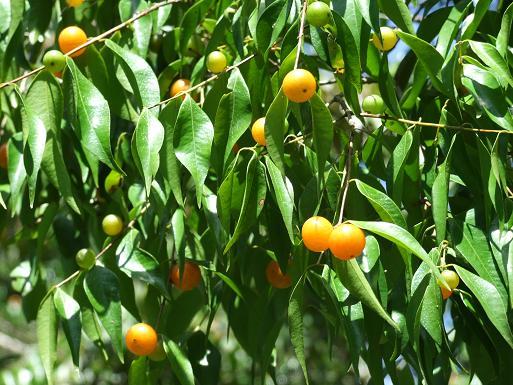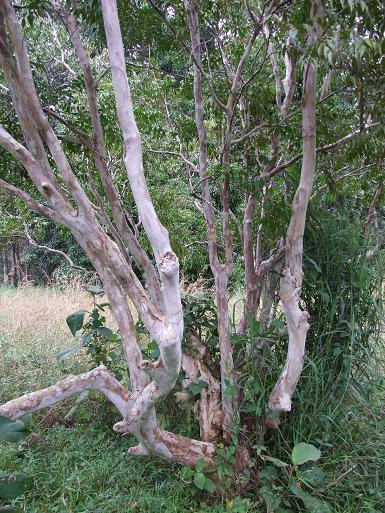Rosa roxburghii (Burr Rose or Chestnut Rose) is a species of rose originating in southwest China. It grows up to 5m high, with twisted stems and peeling grey-brown bark and large attractive flowers.
The flavor of cili fruit can be described as an astringent yet smooth, sweet and sour taste. The fruit extract is widely used as a natural medicine and wellness juice in parts of Asia. The ripe fruit is typically yellow, as depicted below, but some varieties remain greenish even when ripe.
The fruit is highly regarded for its medicinal and health benefits. The fruit is rich in ascorbic acid and vitamin E. Cili fruit extract contains high Superoxide Dismutase (SOD) activity, a strong antioxidant. Rosa roxburghii has been shown to have beneficial properties for NK cell activity, microcirculation, cognitive function, plasma antioxidant capacity, stress tolerance and immune function.
The seed of cili fruit is a good source of Vitamin E and can be ground into a powder and mixed with flour or added to other foods as a supplement. The natural fruit contains 2585mg of Vitamin C per 100g fruit, which is 1.5 times higher than Acerola, or 60 times more than orange.
The Amino Acids essential to the body in cili fruit extract inlcude: Aspargine, Serine, Valine, Histidine, Arginine, Tryptophane, Methionine, Methylamino, Glutamine, Proline, Glycine, Alanine, Tyrocine, Cystine,etc. Other trace elements include Calcium, Phosphorus, Iron, Magnesium, Copper, Magnesium Potassium and Natrium.
The shrub is fast growing from seed. A year old plant will be a two foot multi-stemmed shrub. I’m waiting to see how long they take to fruit from seed.
